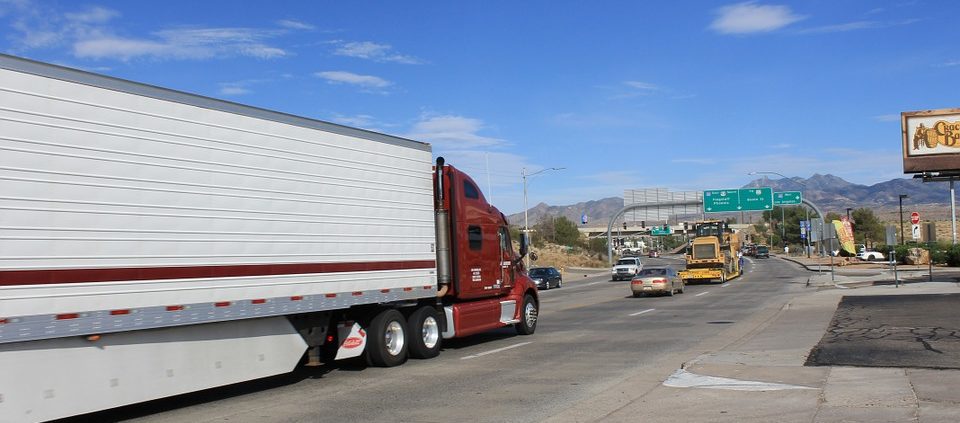How Is The Trucking Industry Affected By COVID-19?
Truck drivers have always been an important part of Canada’s economy, but never has this been truer than during the current COVID-19 pandemic. The surging demand for food and sanitation supplies has made trucking a necessity, no matter what happens to the wider economy.
It’s clear by the industry’s status in provincial and federal emergency measures. Here in Ontario, businesses and facilities that provide transportation services by road, including support services like logistical support, truck stops, tow operators, and maintenance and repairs, are listed as essential services. But how else has the COVID-19 pandemic affected trucking in Canada?
How COVID-19 Will Impact The Trucking Industry
One vulnerability in our trucking industry is the average age of drivers. Most of Canada’s truck drivers – upwards of 60% – are over the age of 45, with 30% being over the age of 55. This puts most  drivers in an age group that’s at a greater risk of experiencing complications of COVID-19. This has led to many reports of older drivers leaving their jobs because they are worried about exposure to the coronavirus.
drivers in an age group that’s at a greater risk of experiencing complications of COVID-19. This has led to many reports of older drivers leaving their jobs because they are worried about exposure to the coronavirus.
Unfortunately, this impact could leave our industry with a wider driver deficit after the pandemic than we had going into it. Trucking HR Canada projects that our country could be short roughly 25,000 truck drivers by 2023, a 25% increase over the job vacancies in 2019. This stresses the need for enough drivers ready for when the economy recovers, but a recession could change demands for labour in key trucking and logistics operations.
How these changes will affect us in the next couple of months is almost impossible to say. There are many complex variables in trucking, including where, when, and how COVID-19 will impact consumer demand and our industry. While a recession could lower the demand for workers, it could also cover the driver shortage.
COVID-19 Is Changing Shipping Centres, Too
As shut-downs become a bigger problem, drivers may find that shipping hubs will slow down, affecting their ability to move goods. Many places have measures in place, and loading and unloading are already performed by local warehouse staff without any personal contact with the driver. Communication is also taking place over the phone, with drivers staying in their cabs. However, loads may not be ready on time as warehouses and factories lose the workforce needed to load trucks.
Another of the impacts threatening truckers was the restricting of the Canadian-American border. Once thought unthinkable, the federal government had to severely limit who could cross into the United States. While drivers are facing additional scrutiny and questioning, as of right now, they are exempt to cross. Border officials have said they will try to prioritize the movement of drivers and goods as much as possible; because our economies tied so closely to one another, this is a big deal!
 #ThankATrucker
#ThankATrucker
Despite these vulnerabilities, the trucking industry is still vital for our industry. As a response to this necessity, many Canadians are taking part in a national movement called #ThankATrucker. This hashtag is letting people show their support for the workers putting themselves at risk to keep the shelves stocked with necessary goods. You can participate by using #ThankATrucker on social media!



